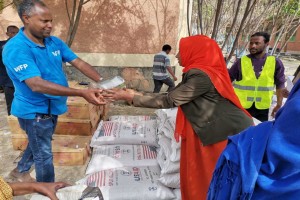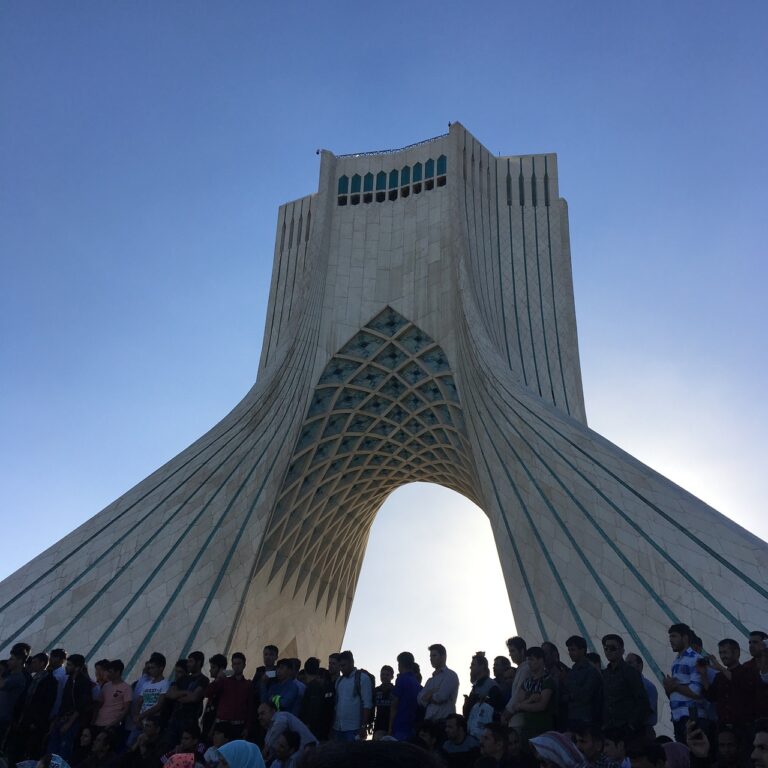
The World Food Programme continues to deliver food assistance in the Amhara region of Ethiopia. © WFP Ethiopia
World Food Programme delivers food assistance in the Amhara region of Ethiopia. © WFP Ethiopia
Addis Ababa/New York: The situation in conflict zones of northern Ethiopia remain highly unpredictable and volatile, with ongoing fighting in multiple locations significantly affecting humanitarian access and response.
Besides, below-average rains have resulted in drought conditions in the Somali and Oromia regions affecting 5.8 million people. Already over 2.1 million people were displaced in northern Ethiopia at the end of September, according to the International Organization for Migration. This included more than 1.8 million people in Tigray, over 542,000 in Amhara, and more than 255,000 people in Afar.
Since September, the number of internally displaced people in Afar and Amhara has increased due to increased hostilities, but the exact numbers have not been verified due to the fluidity of movements and access constraints.
Humanitarian needs have increased primarily due to large-scale displacements and the the United Nations Office for the Coordination of Humanitarian Affairs (OCHA) today informed that some 20 trucks of food supplies arrived in Mekelle, Tigray, yesterday via the Afar-Abala-Mekelle corridor. Another 40 trucks were expected to arrive today and tomorrow.
Also read: Message from Ethiopia, Yemen, Afghanistan and Myanmar to the UN: Reform or perish!
In the past few days, UNICEF has shipped measles vaccines and related supplies to Tigray, where an estimated 790,000 children require vaccination. However, fuel required to launch the campaign has not been secured.
With the humanitarian situation in Tigray continuing to deteriorate, it is critical that a regular flow of humanitarian aid into the region is sustained, including fuel and medical supplies. “As we have noted previously, 500 trucks of humanitarian supplies are required each week. Humanitarian partners continue to respond to urgent and growing needs across Ethiopia, despite the extremely challenging operating environment and lack of funding with a current funding gap of more than US$1.2 billion,” OCHA stated.
– global bihari bureau





